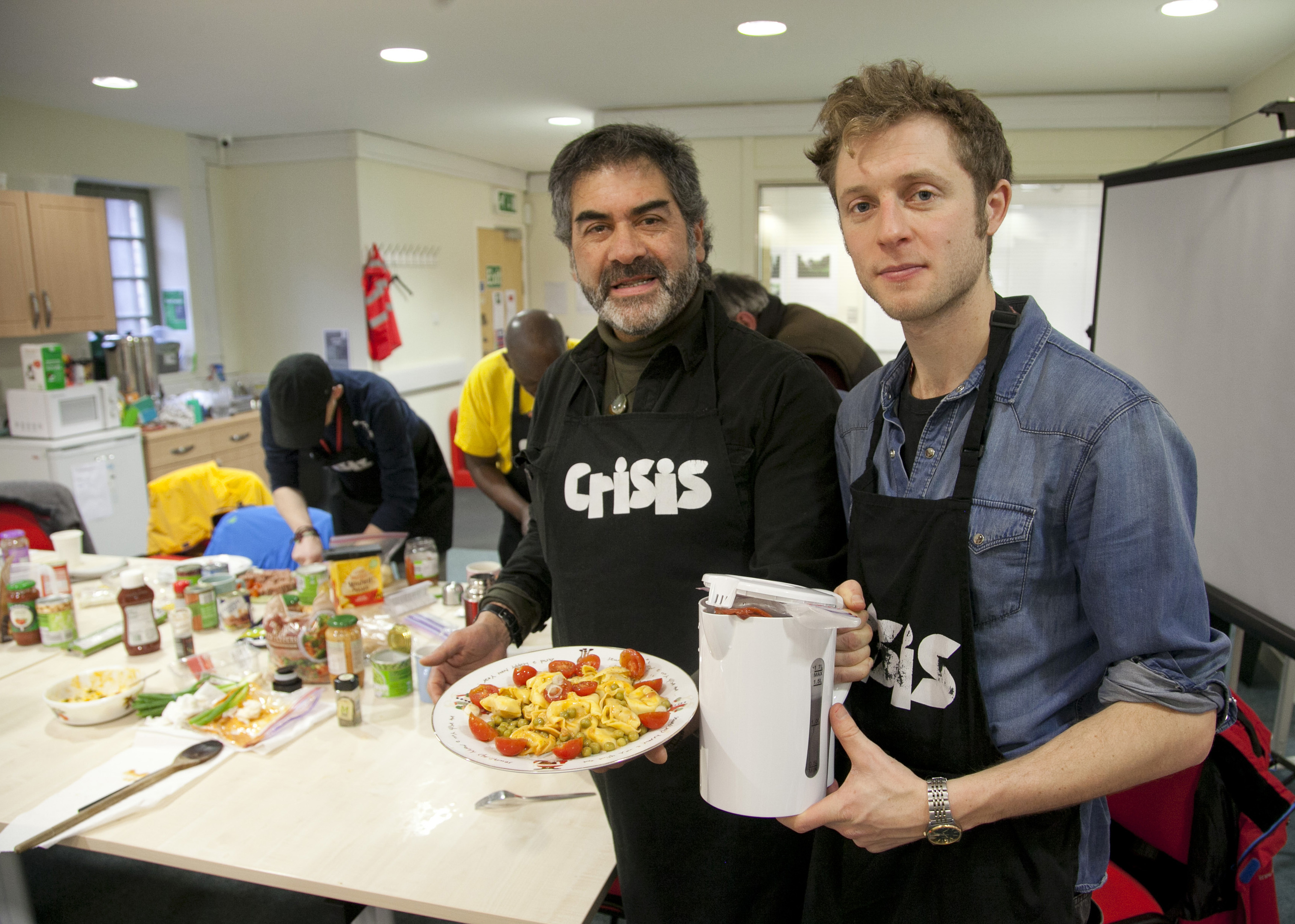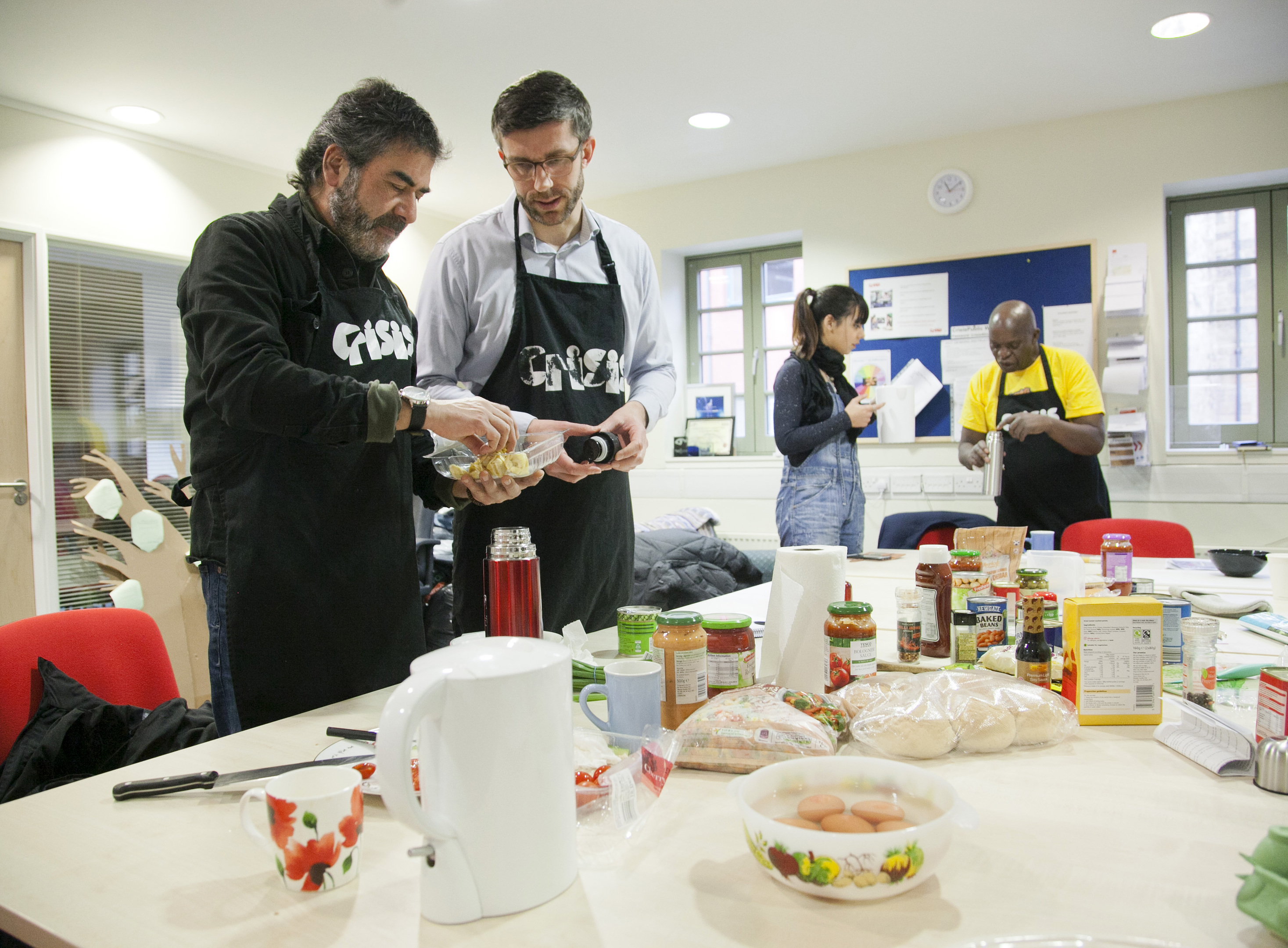
THE number of Scots families living in temporary accommodation has jumped by 26% in the space of a decade.
Thousands of families are living in bed and breakfasts or hostels because there is not enough affordable housing available.
Just under 11,000 households were living in temporary accommodation at the last official count in March 2017 – around a third of them are families with children.
Councils across Scotland are spending increasing amounts of money on temporary accommodation, with Edinburgh Council’s B&B bill jumping by 66% over the last five years to £11m in 2016/17.
The local authority is so short of permanent accommodation it is housing people in hotels, spending £69,000 at budget chain Premier Inn over the last two years alone.
Jon Sparkes, chief executive of homeless charity Crisis, said: “The only people benefitting are the private landlords who are raking in thousands and sometimes millions of pounds.”
Scottish Government figures show the number of households who were in temporary accommodation in March 2002 was 4153.
By March, 2007 this haul had risen to 8577 and a decade later the latest available figures show the total is at 10,873 households.
The March 2017 temporary accommodation count includes 3250 households with children and 1113 households who are housed in B&Bs.
It is better than the streets…but less than a home
Roberto Ormino-Soto buzzes around the plate to apply the finishing touches to his pasta dish like a MasterChef hopeful.
But he is not pulling his dishes from a hot oven but from a still-steaming kettle, empty freezer bag and a Thermos flask.
As an Edinburgh street sweeper, Roberto, 57, is unable to afford the capital’s private rents and lives in a council-funded B&B.
He has been living in this “temporary accomodation” for four months. He said: “We do not sleep in the streets but we are without a home. It is better than the streets but it is less than a home and we are a problem that is hidden.
“My frustration is that people assume everyone in temporary accommodation is on drugs or has some sort of problem, that is not the case.”
In his cramped room is a bed, wardrobe, chair and a kettle – the last item is the reason why Roberto is sitting in the bright office of homelessness charity Crisis.
“Cooking by kettle” is the only option for people housed in B&Bs where kitchen facilities are either non-existent, sub standard or withheld by owners.
A kettle, chopping board, sharp knife, pack of freezer bags and a Thermos Flask are the tools of the trade and Crisis charity’s Will Golding quickly gets the ideas flowing.
For safety, the kettles are only used for cooking once the power is switched off.
Will started running his cooking courses three years ago but had to change tack quite quickly. “We had people saying the courses were great but it’s no use if you only have a kettle in your room. This is where it all started,” he said.
“I had to teach myself really, though I did find an old American guide to outdoor survival which helped a bit.
“What is interesting is people don’t want to accept ‘cooking by kettle’ is their fate. They shouldn’t accept it, but we help them cope in temporary accommodation.”

Enjoy the convenience of having The Sunday Post delivered as a digital ePaper straight to your smartphone, tablet or computer.
Subscribe for only £5.49 a month and enjoy all the benefits of the printed paper as a digital replica.
Subscribe